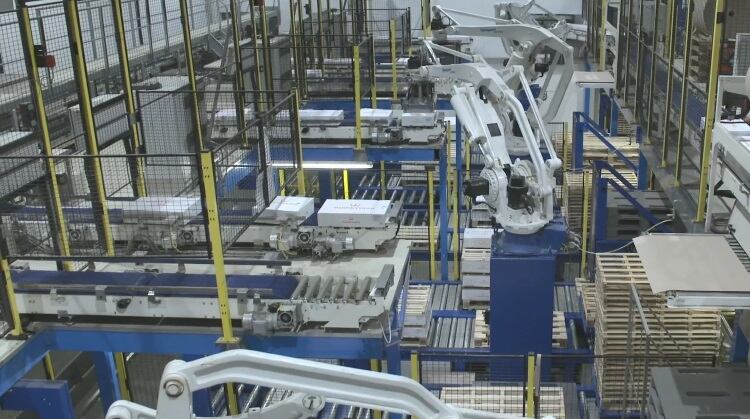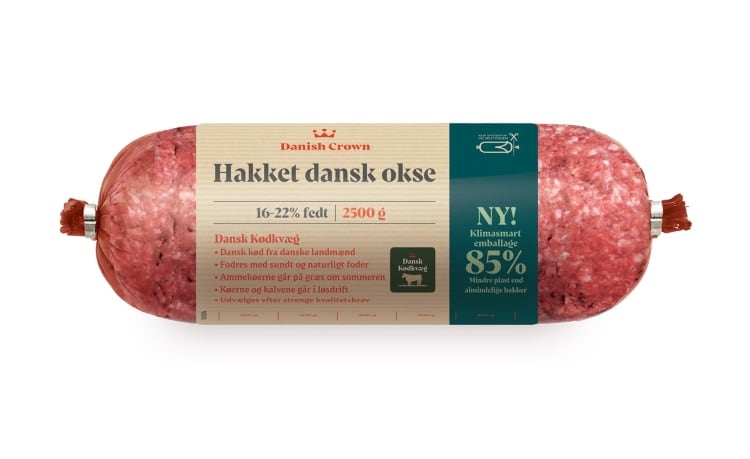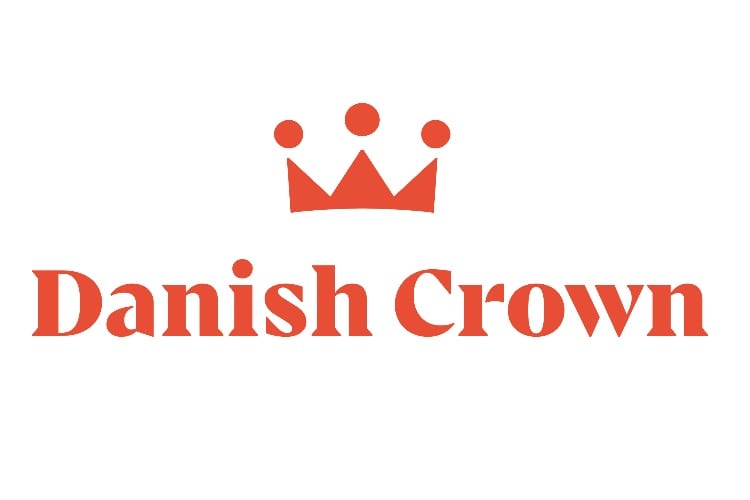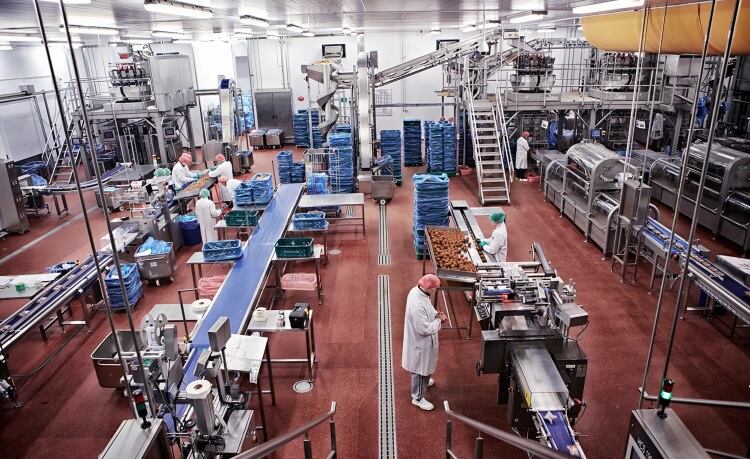Over the course of 2019/20, Danish Crown will invest the money in modernisation, expansion and general improvements at its in both Denmark and Europe, to “ensure future production”.
Danish Crown COO Preben Sunke said: “In our investment plan in Denmark and Poland, we focus on increasing automation in the areas it makes sense and at the same time is a good financial solution in the long term. New technological opportunities are constantly emerging and by investing in the best of them, we can increase productivity and flexibility in production.”
The largest investments in the coming year are expected to be at Danish Crown Pork, Danish Crown Foods and Sokolow in Poland.
In Danish Crown Pork, investments in the order of DKK400m while an investments of approximately DKK900m is expected between in Danish Crown Foods and Sokolow in Poland.
Sunke added: “We are a large group with many slaughterhouses and breeding factories throughout Europe, and the new thing this year is that we are focusing more on our investments in our strategic product categories. In the past, the focus has been to a greater extent on looking at investments per business unit and per factory, but it adds more value when we focus on specific areas of focus across the group when planning the investments.”
Denmark investment
One of the largest single investments planned in Denmark is at the Danish Crown slaughterhouse in Horsens.
The packing department will be modernised and automated in the upgrade.The business expects to invest around DKK60m in the first stage of this project.
Production director at Danish Crown Pork Per Laursen said: “This is an upgrade with more automation we have to do in the Horsens packing plant. It can for example. be free-arm robots that you can put on different tools. This will increase the capacity of our packaging plant, because with such a solution we can replace a lot of manual work with machines.”
He added that investments in the Danish slaughterhouses must ensure future production, especially in the wake of a higher demand from China.
“It is important that we are aware that investment ensures the flexibility of production,” added Laursen. “The high demand from China has meant that we have had to pack much more than we did before. It has required a great deal of change. But there will also be a day after the China situation again, where new demands for production will come.”




